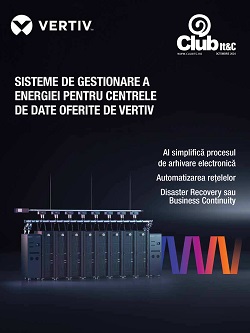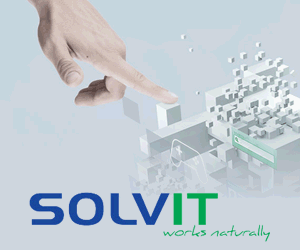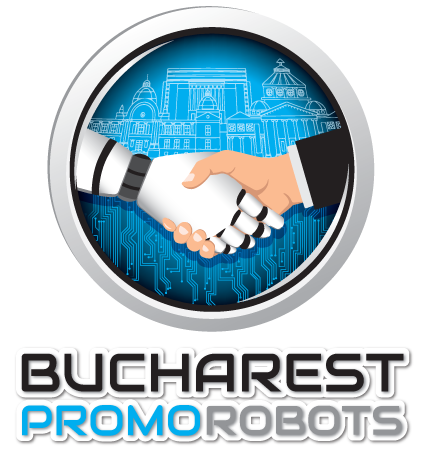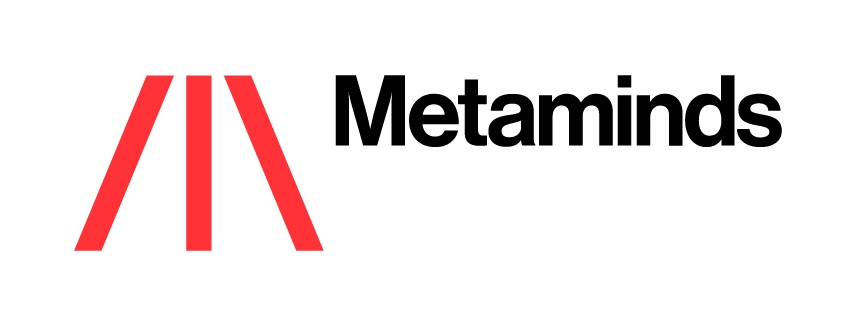Expectations for Generative artificial intelligence (Gen AI) remain high among global leaders, as eight out of ten (79%) respondents that participated to Deloitte’s study “The State of Generative AI in the Enterprise: Now decides next” expect the technology to transform their organization within three years. More than half of respondents report a strong focus on tactical benefits, such as improving efficiency and productivity (56%) and reducing costs (35%). On the other hand, areas considered strategic, among which encouraging innovation (29%) and uncovering new ideas and insights (19%), are currently a lower priority.
 In terms of challenges, respondents mention the lack of technical talent and skills as the biggest barrier to Gen AI adoption. Only 22% of leaders believe their organizations are “highly” or “very highly” prepared to address talent-related issues concerning Gen AI adoption. Additionally, few respondents are focused on education and reskilling, as only 47% of organizations agree that they are sufficiently educating their employees on the capabilities, benefits, and value of Gen AI. The early Gen AI experts, however, are much more likely to focus on educating and reskilling their workforce and on recruiting technical talent to drive Gen AI initiatives. For example, 74% of respondents with “very high” Gen AI expertise say they are educating their workforce versus 27% of respondents with “some” expertise.
In terms of challenges, respondents mention the lack of technical talent and skills as the biggest barrier to Gen AI adoption. Only 22% of leaders believe their organizations are “highly” or “very highly” prepared to address talent-related issues concerning Gen AI adoption. Additionally, few respondents are focused on education and reskilling, as only 47% of organizations agree that they are sufficiently educating their employees on the capabilities, benefits, and value of Gen AI. The early Gen AI experts, however, are much more likely to focus on educating and reskilling their workforce and on recruiting technical talent to drive Gen AI initiatives. For example, 74% of respondents with “very high” Gen AI expertise say they are educating their workforce versus 27% of respondents with “some” expertise.
“Acquiring the right expertise will become a priority for organizations that want to explore AI transformation and, as the survey points out, and it is important for leaders to consider a beginner’s mindset. This translates into the adoption of a constant learning process, as new models, capabilities and use cases are emerging at a rapid pace, into the desire to nurture Gen AI literacy throughout the organization, and into the appetite of using a cross-disciplinary approach when leading Gen AI projects,” said Andrei Ionescu, Consulting Market Leader, Deloitte Romania.
Governance and risk are also barriers to Gen AI adoption, the survey reveals, as only a quarter of participants (25%) in the survey believe their organizations are “highly” or “very highly” prepared to address these issues. Respondents’ biggest concerns related to governance are the lack of confidence in results (36%), intellectual property risks (35%), misuse of client or customer data (34%), the ability to comply with regulations (33%) and the lack of explainability/transparency (31%). In terms of most common risks, organizations cite inaccurate results and information (“hallucinations”), legal issues such as plagiarism, copyright infringement, and liability for errors, privacy and data ownership.
Nevertheless, organizations are making progress in managing risks related to Gen AI, the study underlines, even though such players represent a small share. Some of the surveyed organizations were already actively managing generative AI implementation risks through actions such as monitoring regulatory requirements and ensuring compliance (47%), establishing a governance framework for Gen AI (46%) and conducting internal audits and testing on Gen AI tools and applications (42%).
The risks associated with Gen AI are prompting many business leaders to call for increased regulatory action and cooperation across the globe around AI technologies. Eight out of ten leaders that participated in the survey (78%) said that more governmental regulation of AI was needed, while seven out of ten (72%) mentioned there was currently not enough global collaboration to ensure the responsible development of AI-powered systems.
In line with the emphasis on tactical benefits of this new technology, most organizations are still primarily relying on off-the-shelf solutions, including productivity applications with integrated Gen AI (71%), standard Gen AI applications (68%), enterprise platforms with integrated Gen AI (61%) and publicly available large language models (LLMs) (56%). Relatively few organizations reported using more narrowly focused and differentiated Gen AI solutions, such as industry-specific software applications (23%), private LLMs (32%), and/or open-source LLMs customized to their business (25%).
“In the current early phase of Gen AI adoption, organizations are relying consistently on standard Gen AI solutions, the study points out, a direction that resonates with the focus areas that leaders have in mind when adopting this technology – efficiency, productivity and cost reduction. Nevertheless, choosing between using off-the-shelf or customized Gen AI tools is not easy, and it should be a decision made after thorough consideration of key aspects that can impact the entire organization, such as the business strategy, the level of investment in such a technology and even the risk appetite of the company,” said Andrei Paraschiv, Consulting Director, Deloitte Romania.
Deloitte’s report “The State of Generative AI in the Enterprise: Now decides next” was conducted between October and December 2023, on more than 2,800 AI-savvy business and technology leaders directly involved in piloting or implementing Gen AI at major organizations across 16 countries and six industries, in order to track the integration of Gen AI in the enterprise.






























